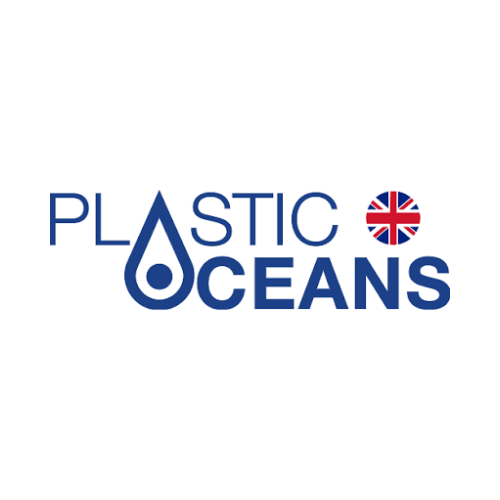The Plastic problem

Plastic pollution is a serious threat to our oceans and environment. Of the 300 million tonnes of plastic we produce every year, approximately half of that is single use. Plastic is responsible for around 80% of the waste that accumulates on our shorelines, the ocean surface or the seabed. Packaging, cups, cigarette lighters, straws – plastic products just used once and then thrown away. But this material is virtually indestructible. There really is no ‘away’.
When plastic gets into our oceans, this pollution is having a real and growing impact. All the marine food chain is affected: plankton, fish, birds, reptiles and marine mammals such as whales and dolphins, eat plastic, or become entangled with nets and line. The consequences are often fatal to these animals – and its becoming clear that our food chain is also impacted through eating shellfish that have also eaten plastic particles.

Plastic Oceans Foundation
Fraser has partnered with Plastic Oceans Foundation, a charitable organisation that has worked since 2009 to educate people about the dangers of plastic pollution and how we can reduce our consumption and usage of it.
The Foundation produced an award winning documentary film called A Plastic Ocean which shows the extent of the situation the world faces as a result of the tonnes and tonnes of plastic that is released into the ocean each day. Not only is plastic an eyesore, the impact is far reaching and affects wildlife and ecosystems, plus it is inevitably starting to affect the health of humans too. The film aims to educate and inspire action – to see the film, and find out more about supporting the charity on education and sustainability.
Courtesy of Plastic Oceans
Plastic can be collected, recycled or reprocessed into other plastic products – which can last for many years. Facts are enough cause for concern and action already, there is no need to exaggerate the ‘Fake news’ and what we can do to clean up our oceans. Read More.
Innovation & Regulation
Innovation and regulation is now leading the way to solve many aspects of the problem. But scientific research is only now beginning to show the potential extent of the problem – so we need to act now to stop further pollution happening. It also needs a complete change in behaviour in how we as consumers buy, use and dispose of plastic. It starts with us.
As part of the partnership Fraser is proud to have hosted a private screening of the film A Plastic Ocean at the Yacht Club de Monaco, attended by over 100 clients and members. In addition, Fraser has worked hard to change plastic use across its offices and at events by banning plastic cups and bottles and making sure all branded products and merchandise is made from alternative materials.
Furthermore, Fraser has partnered with CanOWater and is actively encouraging yachts in the fleet to consider it as an alternative to plastic water bottles. Thanks to Fraser, CanOWater is now being distributed to yachts in Europe through VSF, another of our partners. The Fraser team is also in open dialogue with yachts around the possibility of welcoming scientists on board to collect valuable data, and is encouraging Owners to make a conscious effort to engage with the cause. It doesn’t stop there: looking ahead, Fraser plans to organise a beach clean-up event in the French Riviera, as well as investigate further how using plastic impacts our business and industry at all levels, for instance in construction and refit, marina operations, as well as in our offices.